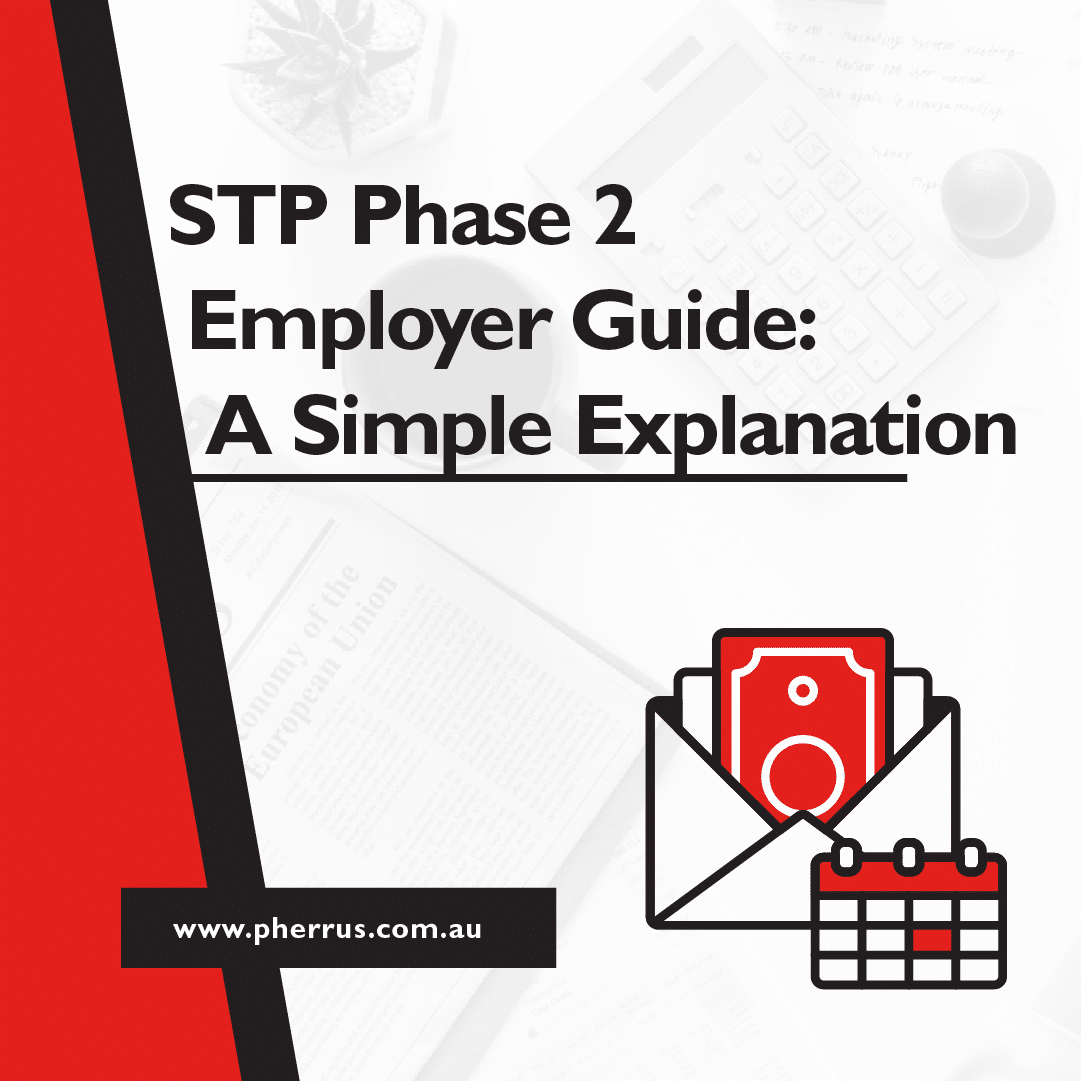Whether you’re investing in crypto yourself, you know someone who is, or you’ve heard about it on the news, cryptocurrency is big business.
From highly volatile coins to coins with a steady increase and incredible value, many see bitcoin and similar currencies as a quick and effective way to make cash.
But as a relatively new avenue, many aren’t aware of the tax and financial implications of splashing your cash on cryptocurrency.
Demystifying cryptocurrency accounting is the best way to make sure you’re doing the right thing for your investments.
By knowing what you can and can’t do, you won’t constantly be looking over your shoulder – or ending up with a hefty fine or tax bill at the end of the day.
An expert crypto accountant can help you make sense of your specific finances, but if you want a look at the bigger picture, we’ve got you covered.
Read on to find out more about accounting for cryptocurrency, what the rules are, what your requirements might be, and how to do it all right the first time:

Why do I need to pay taxes on my cryptocurrency?
Whether you’ve been involved in bitcoin since the beginning or you’re a newcomer to the world of crypto, you may be wondering why you need to pay taxes on this virtual currency.
So it’s worth noting, to start, that you don’t have to pay any specific income tax or Capital Gains Tax (otherwise known as CGT) if you’re using crypto you own to purchase goods or services.
That means the VPN you paid for, the subscription you covered the cost of or items you bought won’t put you in the red with the Australian Taxation Office.
But the actual tax accountancy surrounding bitcoin and other crypto comes into play when you’re using that digital money on the market to invest, grow your business or increase your personal wealth in any way.
With the ATO cracking down on crypto in a big way, you’ll need to make sure you’re paying all the necessary tax on your bitcoin, Ethereum, Litecoin, Cardano or any other currency you happen to be using to make money.
The simple way to look at crypto is in the same way we look at investments in anything from property to forex to resources.
If you’re making money by investing with cryptocurrency, you’ll need to pay Capital Gains Tax as part of your income tax return. What if you fail to do so?
The ATO might have you in their sights for potential ‘compliance action’ for failing to declare any income you’ve made throughout the tax year.

How will the ATO know about my cryptocurrency?
One common misconception that many individuals have about bitcoin accounting or cryptocurrency income is that it’s completely anonymous and secure.
But as of 2019, the Australian Taxation Office has a new trick under its belt.
A data-matching program has been introduced across Australia, requiring cryptocurrency service providers to identify individuals selling, buying or transferring their cryptocurrency.

What are my tax obligations for investing in crypto?
Many of the individuals who invest in crypto think of it as money out of pocket – the same kind of gamble you’d take betting on a football match or playing online slots.
But in the eyes of the Australian government, sale or transfer of cryptocurrency is a part of the income that you will be taxed on.
So it’s vitally important that you meet your tax obligations, which requires you to accurately report on any gains and losses you’ve made throughout the year.

How do I figure out how much I owe for cryptocurrency tax?
The idea of figuring out what you owe on your tax due to cryptocurrency can feel like a challenge.
This is especially true if you’ve not kept good track of the income and outgoings that have occurred over the months or year, leaving you with a financial entanglement that can be hard to pick apart.
To start, you can look at having better systems in place in the future to ensure you’re on track and ready when tax season rolls around.
Tools like Koinly are an excellent way to keep track of your cryptocurrency taxes.
With accurate calculations, it’s possible to get a reliable statement of how much you will owe, as well as potential ways you can reduce the following year.
As a simple and easy to use piece of software, it’s an excellent starting point for your ongoing crypto taxes.
As for past years’ cryptocurrency gains and losses?
Working with a cryptocurrency tax accountant can help you decipher what has previously happened.
So when it comes to any parts of your taxes, forewarned means you’re forearmed – and ready to maker those adjustments well within the timeframe as needed.

How can cryptocurrency bookkeeping help me stay on-track?
The ATO has informed accountants that they should now be asking their clients about cryptocurrency and all their other investments and finances.
But while general accountants may not be up-to-date on all the latest insights, dedicated bitcoin bookkeeping services might be the ideal thing to keep you on track.
Unlike steady investments, crypto can be highly volatile and affected by numerous factors.
That means twice the work and more diligence required to accurately report losses and gains when it comes to the end of the tax year.
Therefore, working with a dedicated and specialised cryptocurrency accounting service not only provides you with the benefit of expertise.
But also the experience needed to keep track of even complex or high volume changes.

Contact Pherrus Financial Services for cryptocurrency accounting today
Are you looking for the ideal crypto accountant?
Our specialist team at Pherrus has expertise and knowledge of everything the ATO requires.
With extensive experience in bitcoin and other crypto, we’re the best choice to help you navigate your taxes no matter how complex and numerous your investments are.
Get in touch today to find out more about what we do or look at our other online services for businesses now.




